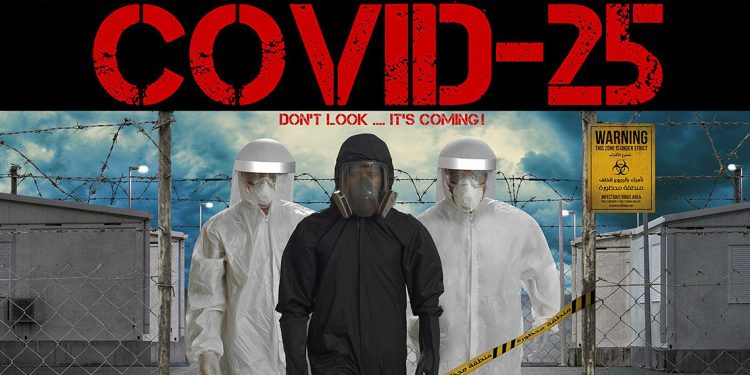
By Emad El-Din Aysha, PhD
Ramadan television is changing, and not just in Egypt it seems. The previous year we were greeted to Egypt’s first sci-fi production, Al-Nihaya (The End), helmed by Egyptian actor extraordinaire Youssef El Sherif. This Ramadan he did a significantly smaller SF production with Covid-25, with only 15 episodes, but the point is that the trend is finally sticking. While ostensibly an Egyptian production it was broadcast on numerous Arabic satellite channels. And so it’s been proven that SF can be done by Arabs and done competently and that there is a growing following among Arab TV audiences – naysayers be damned.
As you can guess form the title the story is set in 2025 as a new strain of corona turns people into brain-dead zombies craving human flesh, and it’s up to an Egyptian medical doctor and his family and friends and co-workers to expose who deliberately released the virus and find a way to save what is left of the human race. And, wouldn’t you know it, one of the tools of this future generation of heroes is social media, not to mention an affliction in its own right.
I won’t pretend that this new production is terribly ‘original’. Youssef El Sherif makes great TV series but they more often than not have elements in them adopted from Western productions. Ism Muaqat (Temporary Name) is adapted heavily from the Liam Neeson movie Unknown (2011), about an assassin suffering amnesia, with individual episodes and action sequences literally taken from this or that Western movie or TV series including The Bourne Identity, 24, Prison Break and even Shutter Island. I’ll list the adaptations for Covid-25 as best as I can below but, the point is, he is openly and deliberately doing this to upgrade Egyptian television and put it on a par with the West, and can do a half decent job of it too while generally Egyptianising the content and style of his productions. The same goes for this Ramadan’s production, although I’d say that Al-Nihaya was more original than the critics let on and I generally admired that TV series more. Anyway, time to get ripping into this one!
Mixed bag of infectious treats
Let me say off the bat that I am not and never have been and most likely never will be a fan of the Zombie genre, and it’s tragic to see that this American-Canadian fan favourite has made its way to our shores. Americans have to be reminded that they are mindless zombies-mindless consumers on account of their neglected democratic duties, but why oh why would any of that wash with Arabs? Are we that ‘spoilt’ a people? Horror in general has problems in this part of the world because we’re freaked out all the time by far more serious real-world problems, like the bombardment of Gaza or poverty and civil war or political prisons or the Iraq War, etc.[1] The same goes for Covid-25 and the growing popularity of the Zombie genre in Egypt. This TV series, as good as it is, is a mishmash of many, many, many zombie movies, from World War Z (the airplane crash scene in the series) to Night of the Living Dead (some of the morality scenes in the remake).
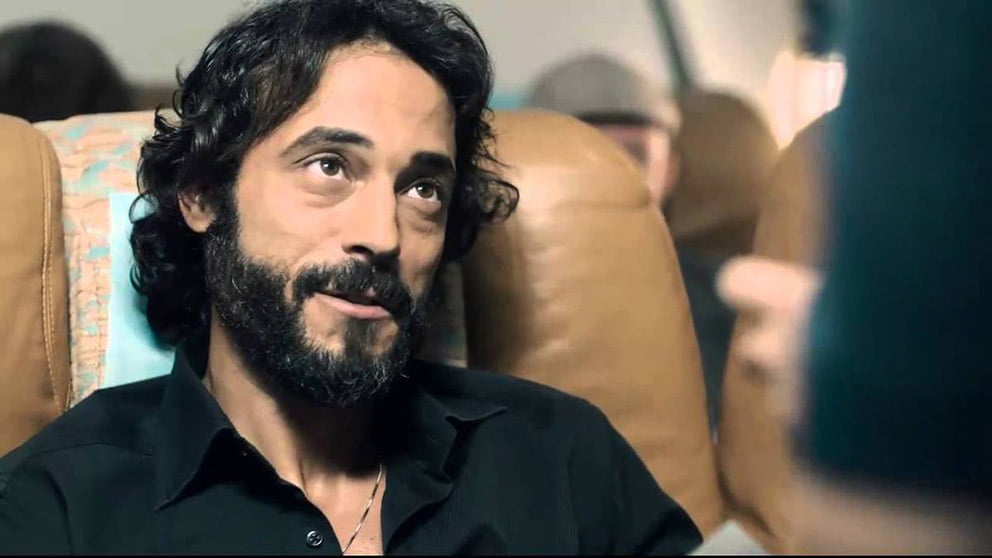
RASCAL AT LARGE: Youssef El Sherif in one of his earlier copycat roles, not that anybody’s complaining.
You can even find lines and ideas squeezed in from other movies, like Outbreak (1995), while the whole ‘feel’ of the series is foreign. The hero, Dr. Yassin Al-Masry (Youssef El Sherif), is a disgruntled doctor moonlighting as a Youtuber complaining about disease and multinational corporations having lost his son to Covid-19 with his wife and remaining kids getting ready for a new father-figure, Dr. Seif (played brilliantly by singer-actor Edward). This is the anti-hero mantra with the all too obvious love triangle with his ex-wife and her new planned hubby, with the wife herself (Ayten Amer) resembling the busybody businesswoman type who has no time for her kids, while complaining about her husband not having enough time for the self-same kids. A key ally Dr. Yassin makes along the way, played very nicely by the muscle-bound Ahmed Salah Hussieny, has a pet owl, a bird that is seen as a bad omen in Arabic culture and not a symbol of wisdom as in the West. And given that the disease is spread by crows, this wasn’t a wise move on the part of the producers, never mind that we hardly see any close ups of the bird. Another likeable character, a cancer patient played nicely by Salma Tarek, is busy reading a book on the power of positive thinking, in English, although Arabic equivalents exist. So the TV series is problematic at best, and you feel they spliced in elements of the brand new post-apoc epidemic TV series Station Eleven into this production, especially since the foreign series (starring Mackenzie Davis and Caitlin Fitzgerald) is about bird flu while the Covid-25 virus is spread by crows. The role of the crow in birthing the virus is also reminiscent of I Am Legend (2007), since the virus in that movie was originally meant to fight cancer just as crow DNA here was being adapted to combat cancer. Even the scene with the lab rats looks like a scene in the Will Smith movie.
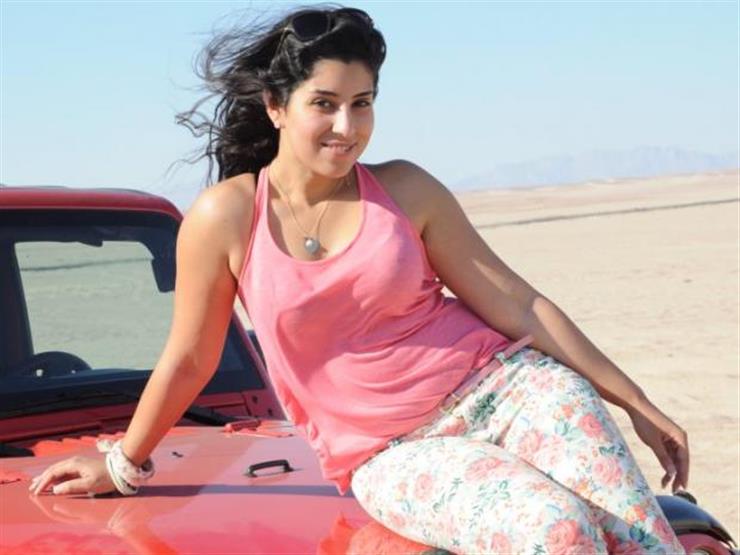
PYJAMA POWER: Ayten Amer is anything but the depressed housewife in this TV flick!
I even suspect that the closing scene, where they use shampoo (keratin) to mask their scent up against the zombies is taken from the closing scene of the remade TV series The Day of the Triffids (2009). That being said Covid-25 is a good series with high production standards and Youssef El Sherif has successfully Egyptianised the storyline and genre. The science of it is convincing and they actually made an effort here to explain it, compared to Western works. We’re told early on by Youssef El Sherif that coronavirus thankfully stayed in the respiratory system and did not bridge the blood-brain barrier, warning however what could happen if this barrier was bridged. Human personality and human DNA would change irrevocably. Another original contribution was how the virus spreads, which is through electromagnetic radiation emitted through the eye. This, needless to say, fits in with the notion of the evil eye and hasad (envy) that Arabs are fond of. At first people go blind and eventually die then as the disease progresses the virus mutates and they begin to fit the classic zombie mould. This is more scientifically believable than what you usually see in sf-horror movies in this genre and we have to commend them for that.
The moral flaws of the characters, most of whom we meet in a hospital in lockdown in face of the disease, are also quite joyous and thoroughly Egyptian. You have a woman who is obsessed with fortune-telling and tarot cards and star signs, you have her junky daughter that kills her while fighting over drugs, you have an infected kid who kills his father (cheesy ungrateful son motif), you have Dr. Seif cheating on his future wife and who is envious of Dr. Yassin and you have his sister who is even nastier than him, you have the pregnant women trying to have an abortion behind her husband’s back, an honour killing of a girl who defies her family, a spoilt wife that values image over tradition, talks of God’s punishment and signs to humanity, a social media hack, etc. The performances are good and believable, if the themes are a bit clichéd, and the humour is exquisite and full of innuendos in typical Egyptian fashion. The CGI effects are pretty good too, especially the plane crash scene, the camera work is good, understanding the need to handle sunlight properly, the soundtrack is competent, and the stunts are ‘great’, even by Western standards. The casting is good if not great, and it was the lesser characters that surprised you, particularly Edward, as said above.[2] Even the foreign actors they got were good, and good looking and with a decent array of accents. That’s a rarity for Arabic productions that get the cheapest talent available, and the ugliest, and with mismatching accents.
Compression is the way to victory
I presume the decision to abbreviate the series was driven by production considerations. Al-Niyah must have cost a whole lot of money and there were industrial accidents too so they probably didn’t want to repeat it a second time. Consequently Covid-25 was a bit rushed and some foreshadowing and hints would have been nice for some of the subplots but even so the choice of having it span only ‘half’ the month of Ramadan was a good movie. Al-Nihaya was ‘way’ too big, with too many subplots and character arks and plot twists, and so the story lost track of itself and wound down badly towards the end. A tight format has its own problems of course but as a rule the pacing for Covid-25’s individual episodes was really good, with cliff-hangers at the end of each episode, and surprises that really disturb you around every (dark) corner. Lots of central characters you think can’t die do die and in tragic ways, and this is all the more amazing with a 15-episode TV series. At times it felt like it had lasted a long, long time, at others it felt like it deserved to take more time

BEAUTY BOTS: Mackenzie Davis and Caitlin Fitzgerald. The last time they acted together, in ‘Always Shine’, it was murder. This time, it’s the end of the world!
Most Ramadan serials suffer from this problem, stretching events and subplots to breaking point, and that’s for regular dramas, with the endings being a rushed and cramped in an elastic band fashion. A shorter format avoids that problem so kudos to the producers. Still there were loose ends. You never found out what happened to Dr. Yassin’s father in-law, the guy who inadvertently created the virus, or learned how they released the virus. The open-ended ending also ruined the sense of triumph that you felt up along with the characters, and you really got to identify with them, even the morally reprehensible characters. (The politics was a bit lacking as well, apart from the cryptic references to the number 25. Don't remember them mentioning Israel either or the US or China as superpowers).
All in all its good to see that Arabs are not only getting into the sci-fi frame of mind in such a popular medium as television but that they are making their own distinct set of contribution to such hackneyed genres as zombie apocalypse and post-pandemic dramas. My friends Ahmed Al-Mahdi and Ammar Al-Masry have been doing this for a while now and Ahmed’s post-apoc novel Malaz: City of Resurrection has finally been published in English; translated by yours truly. Egyptians also instinctively understand pandemics are tests, from God, opportunities for us to set things straight and look at ourselves in the mirror. We’re more attuned given our religious dispositions. We’re also more paranoid politically and can easily conceive that Western governments and multinational corporations want to depopulate the Third World to make life easier for themselves. We see Darwinist philosophies that justify such a policy for the pseudo-scientific rationalisations that they are. I’m not so sure Westerners do, taking science as their religion.
In short, I can’t wait till next Ramadan to see what else Youssef El Sherif has in store for us. I’ve heard rumours that Al-Nihayah is going to have a second season. Fine by me. The evil character played by Eyad Nassar is meant to be the anti-Christ; should have guessed from eye-patch. Let’s just hope there’s still a world left by the time we get to the next holy month of fasting, and if anything is going to get us there its more Arabic science fiction!!
Author’s Note
Emad El-Din Aysha is a member of the Egyptian Society for Science Fiction and a freelance translator to boot.
[1] Please see Marcia Lynx Qualey, “For H-Day: Arabic Horror Literature?”, Arab Literature (in English),
[2] They could have exercised more. Only two of the men looked like they could actually survive an apocalypse, while many of the women were clearly recovering from a fat binge. Contrast that to the broad shouldered, reed-like Caitlin Fitzgerald and the fact that Mackenzie Davis learned knife-throwing in England at ‘Essex Backyard Throwers’ in preparation for Station Eleven.



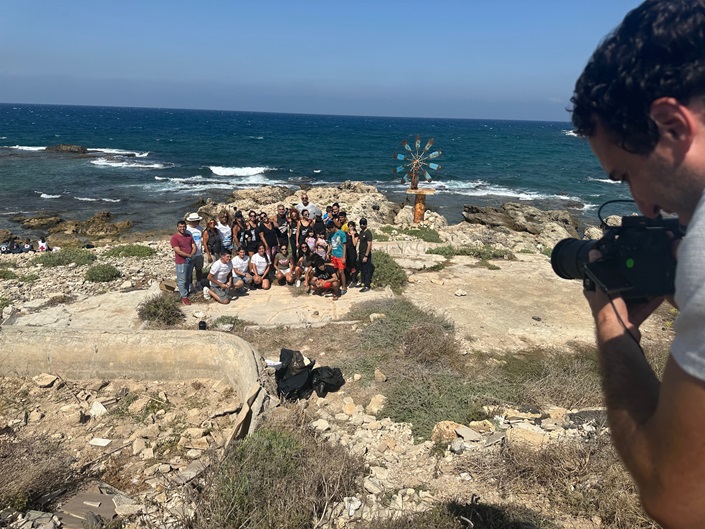
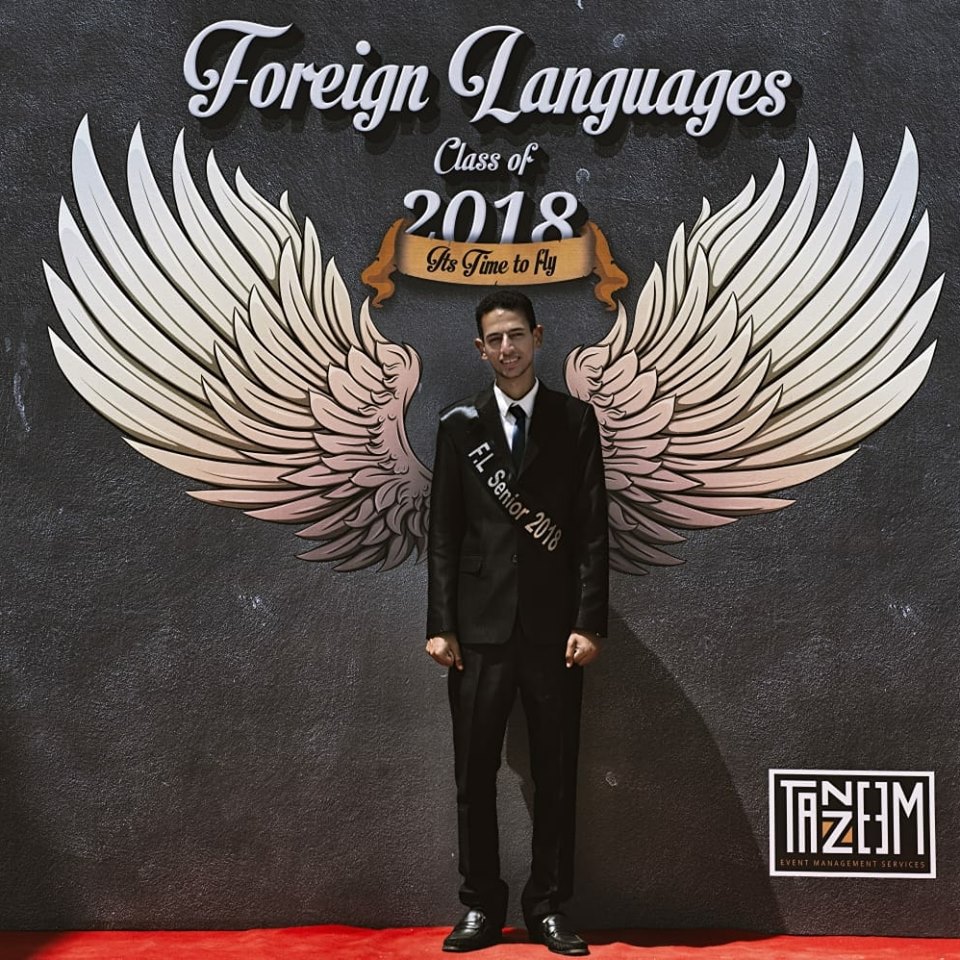
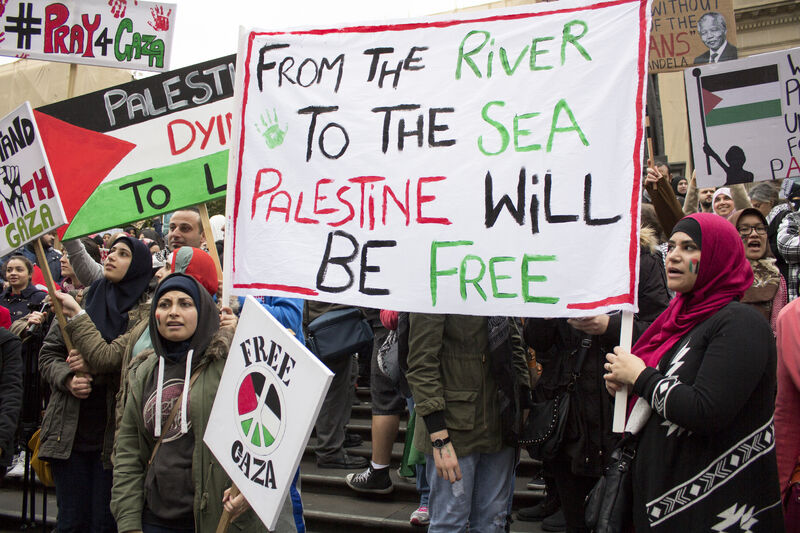

[…] goes for the Egyptian post-apocalyptic series Covid-25. Hence the mounting tension in Station Eleven after the explosion at Gill’s place, which they […]